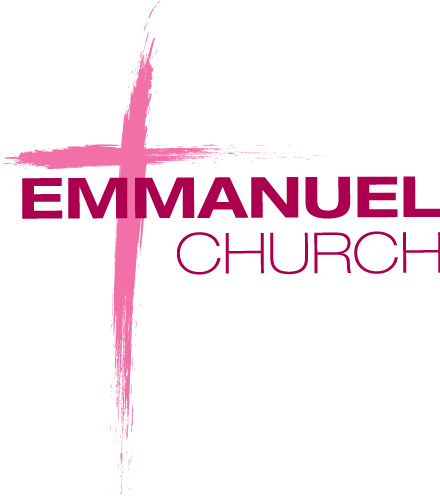Widening our understanding of the Gospel
In our society I think we understand the gospel as being mainly an individual, personal thing. It is of course true that each one of us has to find our relationship with God restored by confession of sin, repentance and receiving Christ as our Lord and Saviour. But I want to show that our individualistic concept of the gospel needs to be widened so we can begin to grasp God’s plan for our world.
There are many misconceptions with what the gospel is. We have to be careful that we do not fall into the trap of self improvement or social works either in the church or outside, in order to somehow earn our salvation in God’s eyes. That is impossible because being a good person is not enough, no one is good enough, no one has ever been good enough or ever could be, it is entirely the work of Christ’s sacrifice that restores our relationship with God. The gospel is not about something we do,but about what has beendone for us.
I am fully convinced that belief in the gospel leads us into a new life of love, to care for the poor, hungry and disenfranchised and to participate actively in our culture, as surely as Luther said that true faith leads to good works. However, the results of the gospel must not become confused with the gospel itself. I have often heard it said that “The good news is that God is healing the world of all it’s hurts, and therefore the work of the gospel is to work for justice and peace in the world.”
The danger in this line of thought is not that the particulars are untrue (they are not) but it mistakes effect for causes. It confuses what the gospel iswith what the gospel does. In our culture there is such an emphasis on individual salvation, this can play into the western idea that religion exists to meet individual needs for freedom from guilt and bondage, which of course it does. However, it does not speak much about the goodness of the original creation or of God’s concern for the material world.
When Paul speaks of the renewed material creation, he states that the new heavens and new earth are guaranteed to us because on the cross Jesus restored our relationship with God as his true sons and daughters. Romans 8: 1-25 teaches, remarkably, that the redemption of our bodies and of the entire physical world occurs when we receive “our adoption.” As his children we are guaranteed our future inheritance, see (Eph 1: 13-14, 18; Col 1: 12; 3:24; Heb: 9:15; 1 Peter 1:4) and because of that inheritance, the world is renewed. The future is ours because of Christ’s work finished in the past.
So our salvation lies not in an escape from the world but in the transformation of this world . . . we will not find any hope for the world in any religious systems or philosophies of mankind. The biblical vision is unique. When some say that there is salvation in other faiths, perhaps ask them “What salvation are you talking about?” No faith holds out a promise of eternal salvation for the world the way the cross and resurrection do.



